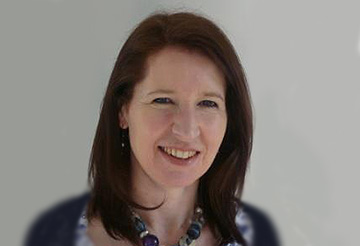BDD is sometimes portrayed as the ‘imagined ugliness’ disorder, although this label only highlights how other people without the condition interpret BDD. If you're living with BDD, even a slight imperfection in your physical appearance can occupy your mind in the form of obsessions and unwanted intrusive thoughts, for hours each day.
While everyone feels unhappy about their appearance from time to time, these concerns are often considered small and may be forgotten in time. If you have BDD, you may spend a lot of time in front of a mirror, trying to conceal what you believe is a defect, regularly compare yourself with others, and even avoid going to locations where social interaction is likely, due to the stress and anxiety it causes.
Obsessive thoughts can lead to compulsive behaviours such as repeatedly checking how you look in the mirror, requesting reassurance about how you look and repeatedly grooming your hair or adjusting your make-up. These behaviours are usually focused on the head and face, although any body part can be involved if you have BDD.
The disorder affects people of any age and gender, although it's more common in teenagers and young adults, primarily due to bodily changes during this time and a feeling of ‘growing into’ your body. This can lead you to focus more on your appearance than usual, especially when coupled with the rising use of social media and images of the ‘perfect’ body image portrayed in the media.
BDD is believed to affect about 1 in 50 people, or around 1.7% to 2.4% of the general population. However, due to many people being reluctant to seek help for the disorder, the actual number of people with the condition may be higher. If you have BDD, it can be difficult to focus on everyday life, including completing tasks at work or school, while relationship problems in older people with the condition are also common due to the preoccupation with appearance and self-consciousness in many social situations.
It can be especially difficult to help someone you know experiencing symptoms of BDD as it's a condition that many want to keep from others to avoid feeling embarrassed or believing they'll experience negative feedback when seeking support. It's important to remember that with a treatment programme delivered by experienced therapists and consultants at Priory, you can reduce the severity of symptoms and ultimately improve quality of life.






